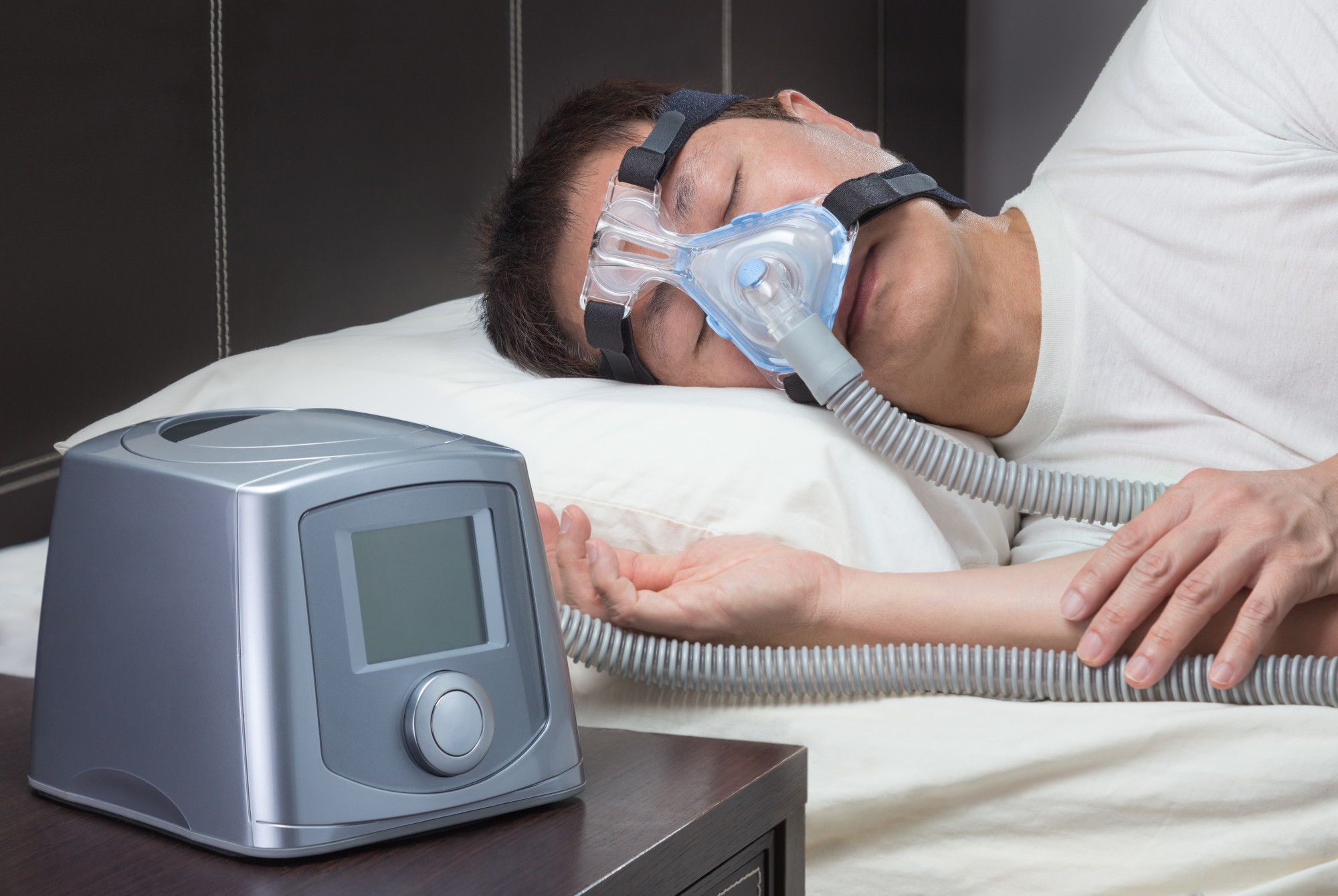Approximately 18 million Americans currently suffer from sleep apnea. Are you one of them?
If you suffer from sleep apnea, you know that you don’t get to take a break from the condition, ever. Not even when you’re on vacation.
In fact, traveling can be quite challenging for people with sleep apnea, especially if you need to sleep with a continuous positive airway pressure (also known as a CPAP) machine.
With a little preparation, though, you can make the travel process easier and sleep in peace while you’re away from home.
Read on for some helpful tips sleep apnea patients ought to keep in mind when they’re traveling.
Consider CPAP Alternatives
Depending on the severity of your sleep apnea, you might be able to get away with not using a CPAP for a few days during your trip. If you can’t stand the idea of lugging your CPAP machine with you, consider using a CPAP alternative.
The following are two good CPAP alternatives that might work for you:
Oral Appliances
Oral appliances hold the jaw forward while you sleep to keep your airway open. They don’t require any wires, machinery, or masks in order for you to get a good night’s sleep.
You will need to have one custom-made by your dentist, though, and you might have to pay out of pocket for it if you already have a CPAP machine.
If you have the time to get one made before your trip and don’t mind covering the cost of it, though, it can be a great, low-stress alternative to use while you travel.
Nasal Devices
A nasal device is a special valve that attaches over your nostrils and stays in place with the help of hypoallergenic tape. The valve opens and closes as you breathe and redirects air to create pressure and keep your airway open.
Nasal devices are single-use and require a prescription. They’re not covered by insurance and usually cost a few dollars per day.
They might not be a very cost-effective solution long-term, but the extra price to pay for a few days of traveling can be worth it if it saves you from having to haul your CPAP around with you.
Purchase a Travel CPAP
If you need to use a CPAP machine and nothing else will work, you might want to consider buying a travel CPAP.
Travel CPAPs are smaller than regular machines and often are battery-powered. This makes them much more convenient than ones that require a plug.
Talk to your doctor to learn more info about which travel CPAP machines might be a good fit for you.
The following are some other factors you might want to take into account when you start shopping for one:
- Number of components: The fewer components the machine has, the easier it will be for you to assemble and use
- Weight: The lighter it is, the better
- Tubing: Look for a device that has smaller tubes and allows for freer movement while you sleep
Consider bonus features, too. Things like built-in USB charging and touch screen activation are nice to have, although they’re not absolutely necessary, either.
Bring Necessary Documents for Sleep Apnea Patients
If you’re going to fly to your destination, you’ll need to bring some documents with you.
The most important you’ll need is a letter of medical necessity from your doctor. This tells those working at the airline that you need your CPAP machine for medical purposes.
Get a prescription from your doctor for your CPAP machine and the equipment associated with it, too. If you find yourself without something you need (or if a piece of equipment gets damaged or stolen) once you reach your destination, you’ll be able to purchase it with this prescription.
Make a Packing Checklist
Plan ahead and write up a packing checklist to ensure nothing gets left behind. The list should include an extension cord, your CPAP machine itself, spare parts, and an outlet adapter if you’re traveling outside of the U.S.
Plan Ahead for Security Checkpoints
Make a plan for security checkpoints before you arrive at the airport. Even if you don’t intend to use your CPAP machine while you’re on the plan, it’s still best to carry it on so you don’t have to worry about it getting lost.
You should be able to put the machine in the plastic tub as you go through security without any problems. It may have to be sent through x-ray, but most of the time it will just need a quick inspection. Let security know ahead of time that you have a CPAP so they can expedite the process for you.
Talk to Your Hotel
If you find that there’s nowhere to place your CPAP machine in your hotel room once you arrive, don’t hesitate to contact the front desk. They will likely be able to provide you with a portable stand to hold your machine while you sleep.
Bring Your Own Water
If possible, bring your own distilled water for your CPAP machine’s water chamber, too.
If you forget or can’t fit it in your luggage, try to find a store where you can buy some before you go to sleep.
Using tap water for a few nights isn’t the worst thing in the world, but you might feel a little better using distilled water.
Bring Additional Comfort Items
At this point, the idea of packing one more thing in your suitcase might sound crazy.
If you want to rest well when you reach your destination, though, it might help to have a few additional comfort items with you. Sleeping in hotels can make it harder for you to rest and relax while traveling.
Having your own pillow, a favorite blanket, or an eye mask can make it easier for you to unwind and wake up in the morning feeling refreshed and ready for the day.
Start Planning Your Next Trip Today
Traveling with sleep apnea can be difficult. It’s not impossible, though.
Sleep apnea patients can enjoy positive travel experiences just like everyone else. They just have to do a bit more planning beforehand.
If you keep these travel tips in mind, you’ll have a much easier time getting to your destination and enjoying your stay.
Do you want to learn more about staying healthy while traveling? If so, be sure to read some of the other health-related articles on our site today.

